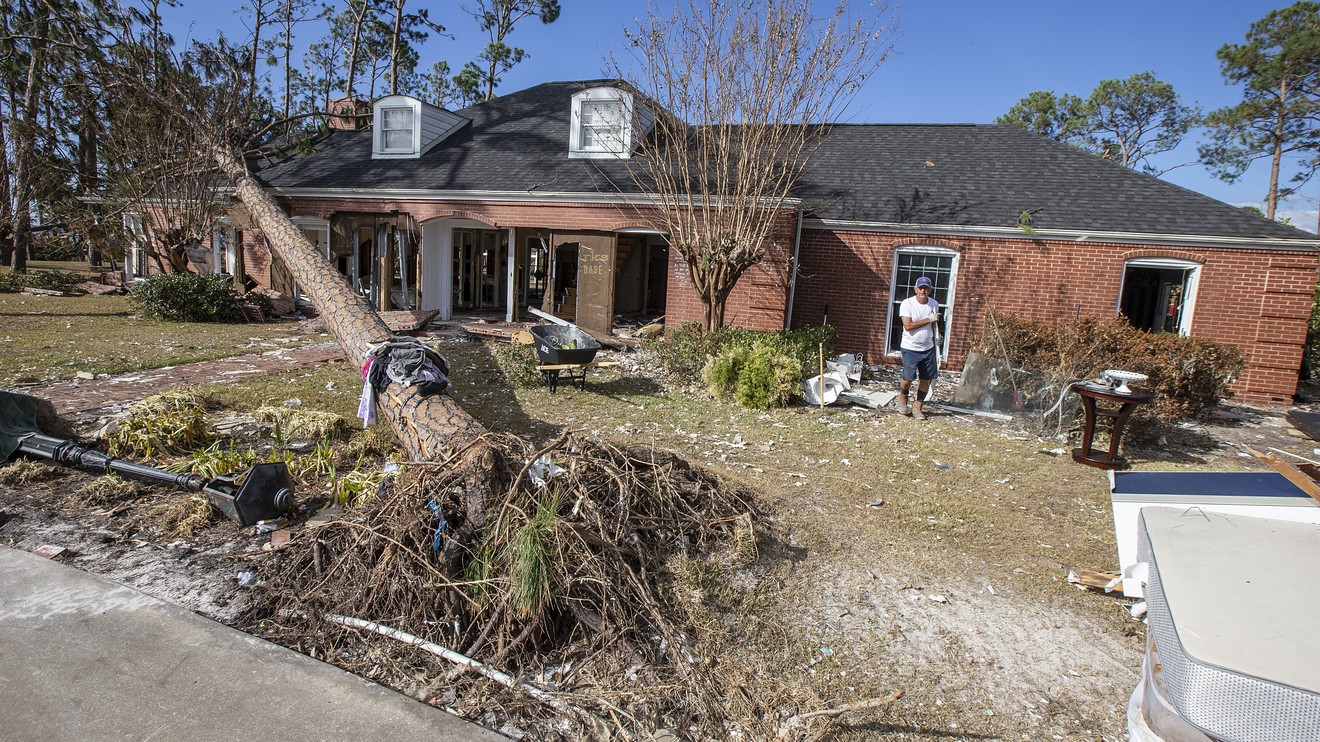Hurricane Ida – Unreimbursed Personal Casualty Losses

In our most recent installment in this series on Hurricane Ida (here), we talked about damages to personal property covered under most homeowners’ insurance policies. Today, we take a look at unreimbursed damages to personal property.
Damages to and losses of personal property caused by a federally-declared disaster (such as a hurricane) which are not reimbursed by insurance or other means are deductible on your individual tax return.
Form 4684 must be filed along with the individual tax return and must include the disaster’s unique identifying number as assigned by the Federal Emergency Management Agency (FEMA); for Louisiana, FEMA has assigned Hurricane Ida the identifier 4611-DR-LA.
Once again, document your damaged property thoroughly, with pictures and/or video of internal as well as external damage. Make sure every damaged item is noted and photographed. Remember that here, the burden of proof is on the taxpayer, and the IRS is the IRS. RFG can help you maximize your casualty losses.
Note that damages to investment property, such as real estate purchased for rental, are also deductible on your tax return. If the investment property is so damaged as to be a total loss, that loss is deductible to the extent of your adjusted basis in the property – i.e., your initial purchase price plus improvements, less any depreciation claimed during ownership.
Damage claim amounts must be reduced by any insurance reimbursements, whether already received or anticipated in the future.
While Hurricane Ida took place in the third quarter of 2021, per IRS guidelines, you can amend your 2020 individual income tax return to take these deductions, rather than waiting to include them on your 2021 return. The amended return must be filed within six months of the due date of the tax return for the tax year in which the disaster occurred – i.e., six months from April 15, 2022, the due date for 2021 individual tax returns. Therefore, a 2020 return filed timely must be amended by October 15, 2022.
However, if you anticipate greater income in 2021 (and potentially higher income tax rates) than in 2020, you might want to consider waiting for 2021 to claim your Ida-related casualty losses, as certain other deductions and credits, which are subject to phase-out based on income limits, may be increased due to the reduction to taxable income.
RFG is here to review your 2020-2021 financial situation and prospects, so as to advise you whether your Hurricane Ida-related damages would be better deducted on your amended 2020 or your 2021 individual income tax return, and to amend/prepare the return(s) for you.
We can help you determine whether you have a claim and, if you have, how much damage can be claimed as a loss on your tax return. RFG will help ensure your tax return includes all deductible losses, whether you are claiming these damages on your 2020 or 2021 tax return.
Once again, I recommend strongly that you consult with us before making any tax or financial decisions in Ida’s wake. Don’t fly blind. My direct line is 504-586-3051, and my cell is 504-442-3050.
Getting the right decisions implemented effectively is far better than getting something done immediately, which may in hindsight prove to have been less than an optimal decision.
Please click here to let me know how I can help you.
Until next time –
Peace,
Eric
